Portability Checks
Verify if your numbers can be ported to your DIDWW account without creating a porting request. Enter one or more numbers, and they’ll be shown as Portable or Not Portable.
After review, you can start porting for all Portable numbers directly from the reviewed portability check or delete it if it’s no longer needed.
Start a new portability check by entering numbers and verifying their eligibility for porting.
Start the porting process from the portability check after it has been reviewed and includes Portable numbers.
Remove a portability check and all its numbers if it’s no longer needed.
Portability Check Flow
This flow shows the steps a portability check goes through, starting from when it’s created, then reviewed, and finally either used to start porting numbers or deleted if it’s not needed anymore.

Portability Check Statuses
Status |
Description |
|---|---|
New |
The portability check has been created but not yet reviewed. |
Under Review |
The portability check is currently being reviewed by staff. |
Reviewed |
The portability check has been completed, and number statuses have been updated. |
Create Portability Check
Create a new portability check to verify if your numbers can be ported. Enter the numbers, and they will be evaluated and marked as Portable, Not Portable, or Not Recognized.
Step 1: Create New Portability Check
In the DIDWW User Panel, go to Phone Numbers > Number Porting.
Go to the Portability Checks tab.
Click Create New to start a new portability check.
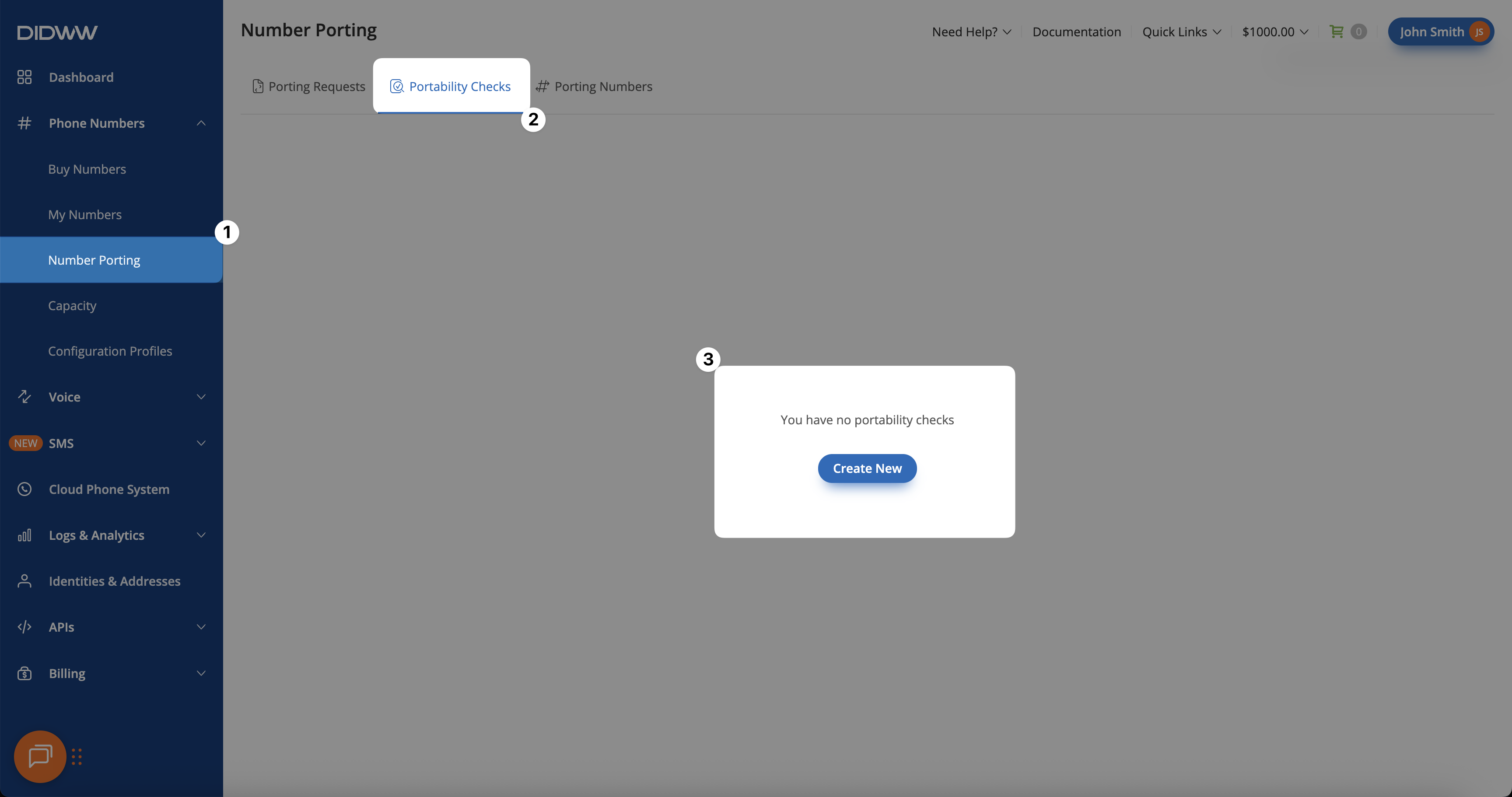
Fig. 1. Number Porting page with Create New button
Step 2: Enter Friendly Name and DIDs
On the New Portability Check page, enter a Friendly Name to help you identify this portability check later.
In the DIDs section, enter the numbers you want to check for portability
Click Continue to proceed.
Enter numbers with country, area, and local codes:
35310123456
353 1 0123456
353 (1) 0123456
353 (1) 012-3456
List numbers in a column:
35310123456
35310123457
35310123458
35310123459
Enter number ranges:
35310000056 - 35310000060
35310000070 - 80
35310000100 - 35310000200
35310000300 - 400
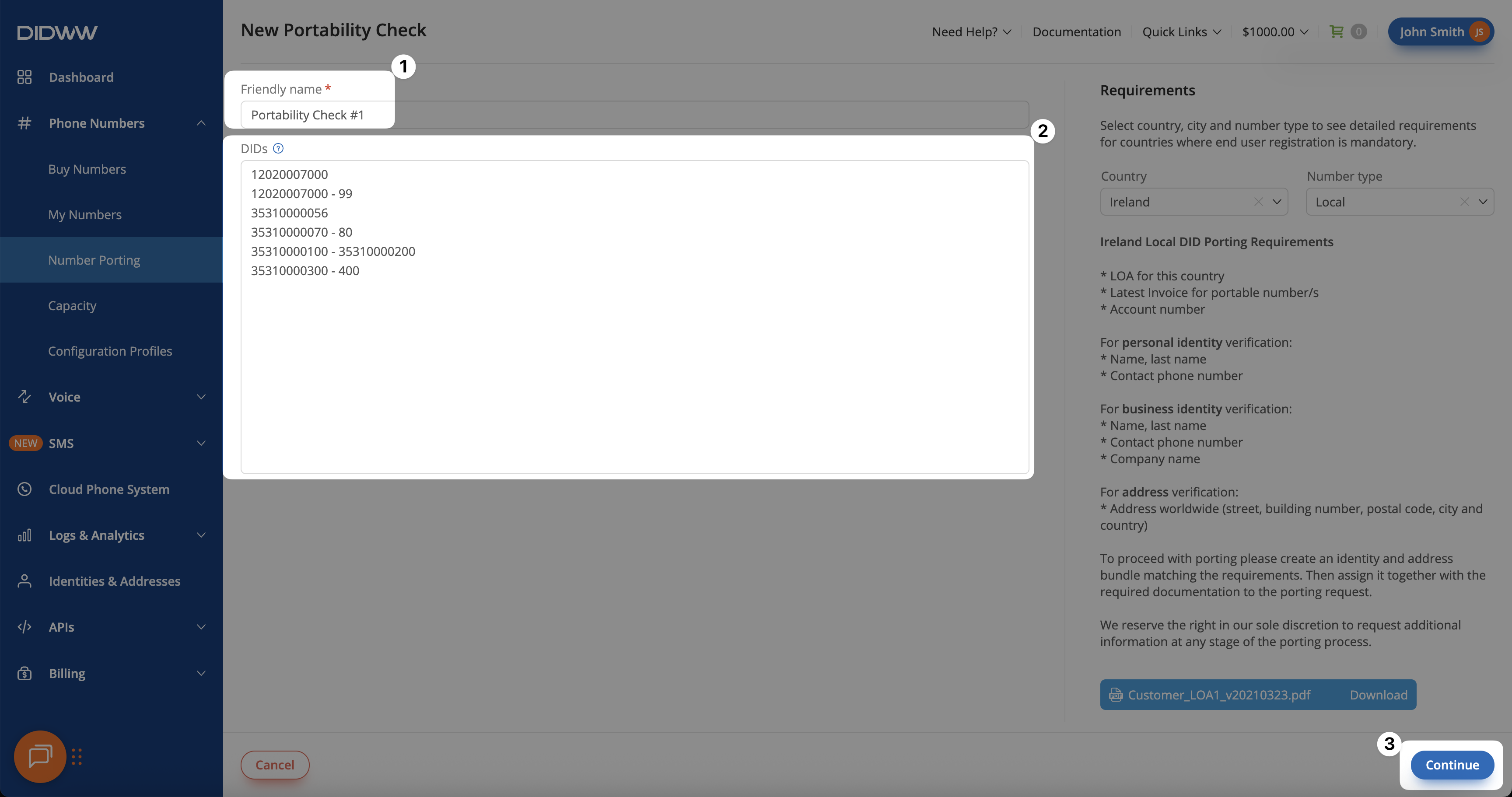
Fig. 2. Entered DIDs in the porting request form
Step 3. Review Created Portability Check
After submitting the portability check, you will be redirected to the newly created Edit Portability Check page.
Numbers are grouped by country and number type, and the newly created portability check will have the status New.
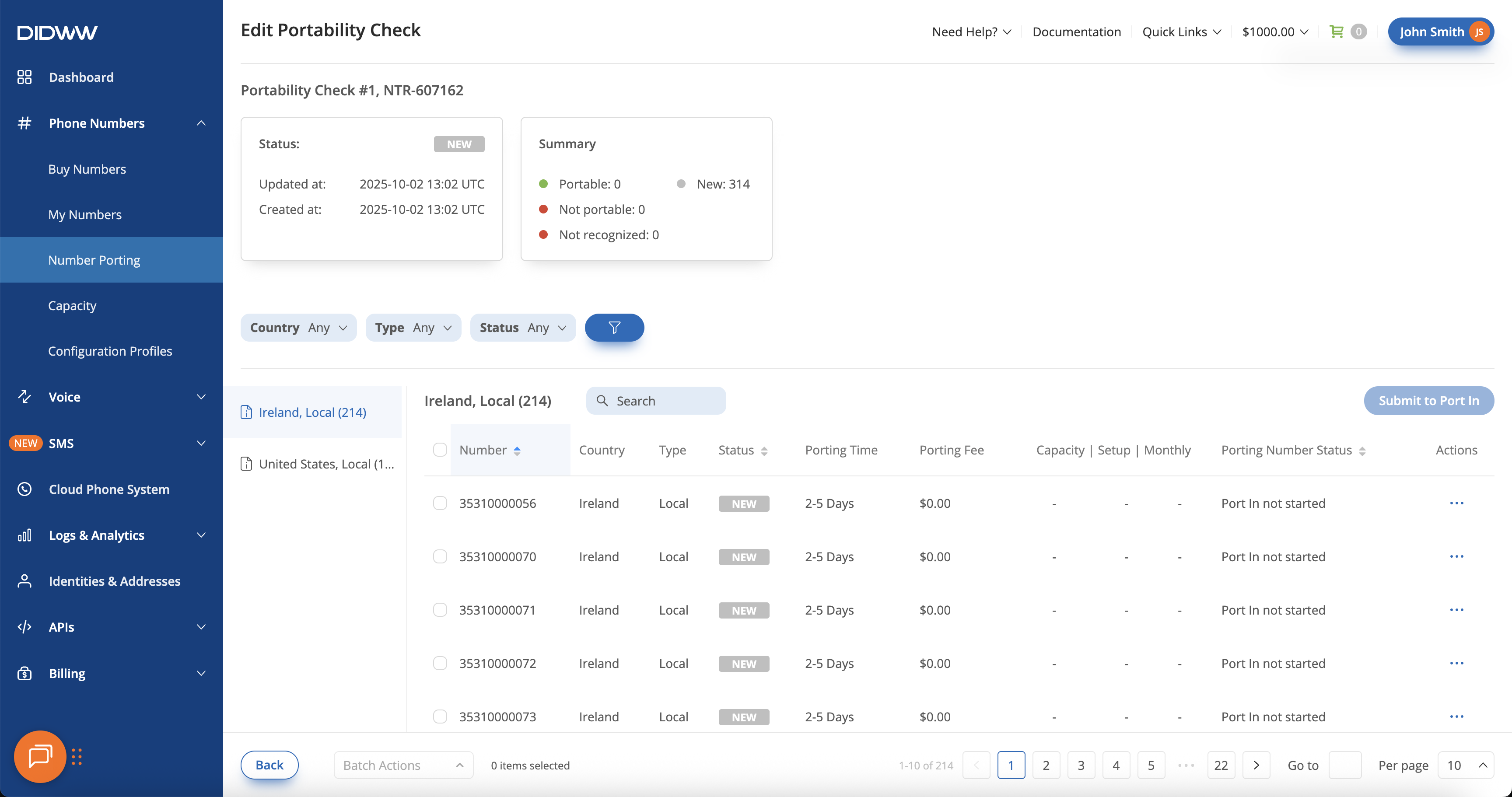
Fig. 3. Completed Portability Check with summarized results.
Start Port In from Portability Check
Once a Portability Check has been reviewed and contains numbers with Portable status, you can start the porting process directly from the reviewed portability check. This allows you to quickly initiate the port-in for eligible numbers without creating a separate porting request manually.
Before You Begin
Make sure the portability check has at least one portable number in Reviewed status to start a porting request.
Verify the regulatory requirements for the selected country and number type. See the full list at DIDWW Phone Number Porting .
Create or select a valid Identity & Address for the chosen country and number type to meet portability compliance requirements. See Create New Identity & Address.
Ensure you have the current carrier account number, the latest invoice, and any additional documents.
Note
To avoid service interruption when porting is completed, create a Configuration Profile in advance.
Step 1. Open Reviewed Portability Check
In the DIDWW User Panel, go to Phone Numbers → Number Porting.
Open the Portability Checks tab.
Locate the reviewed portability check and click Actions (⋯) → Edit.
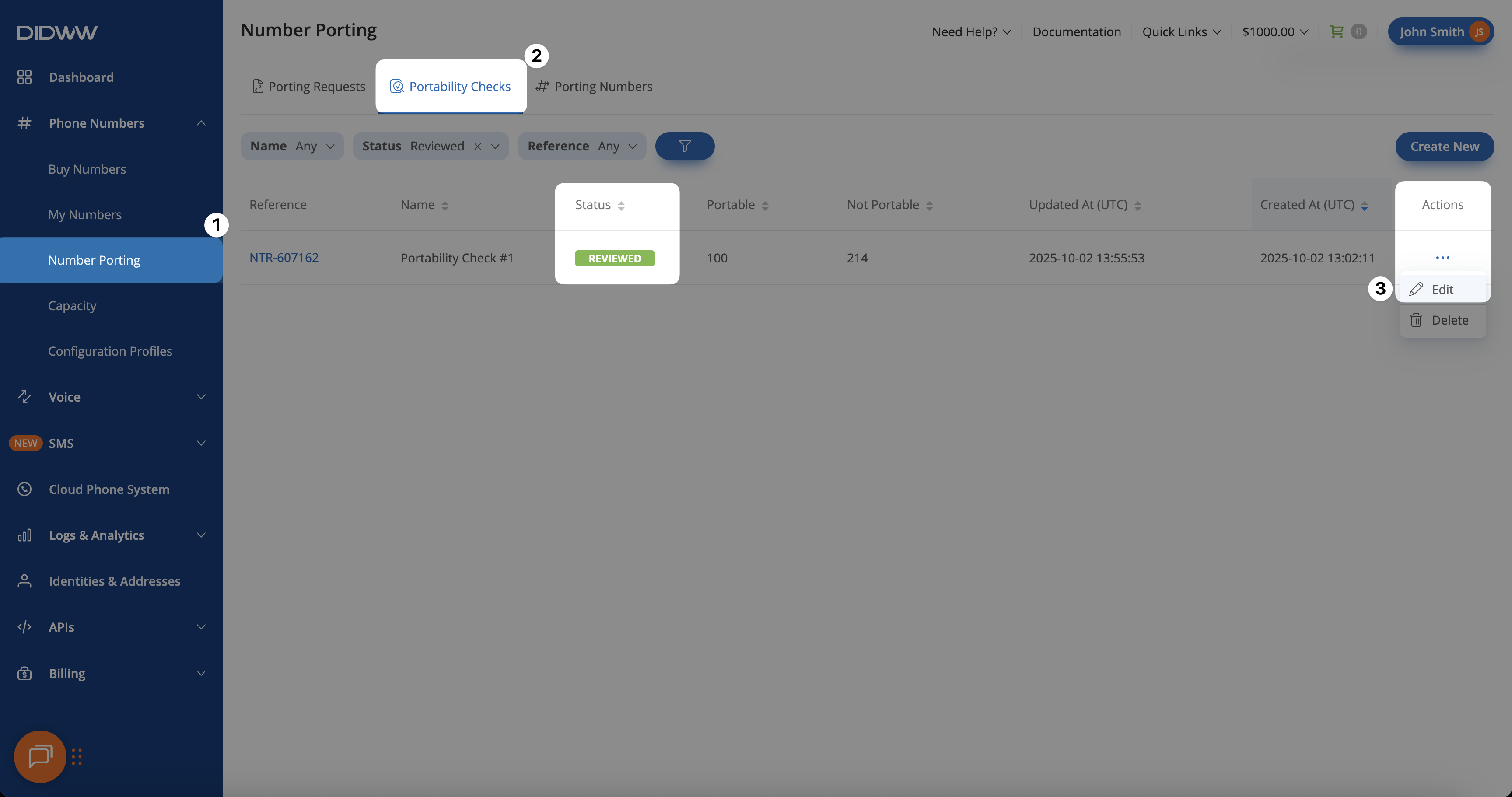
Fig. 4. Opening a reviewed portability check to start port-in.
Step 2. Submit All Portable Numbers to Port In
On the Edit Portability Check page, numbers are grouped by Country and Number Type.
Select the Country and Number Type if multiple countries were checked, then review the list of numbers with Portable status.
Click Submit to Port In to start the porting process for all portable numbers in the selected group.
Important
Only numbers with Portable status from the same country and number type can be submitted for porting.
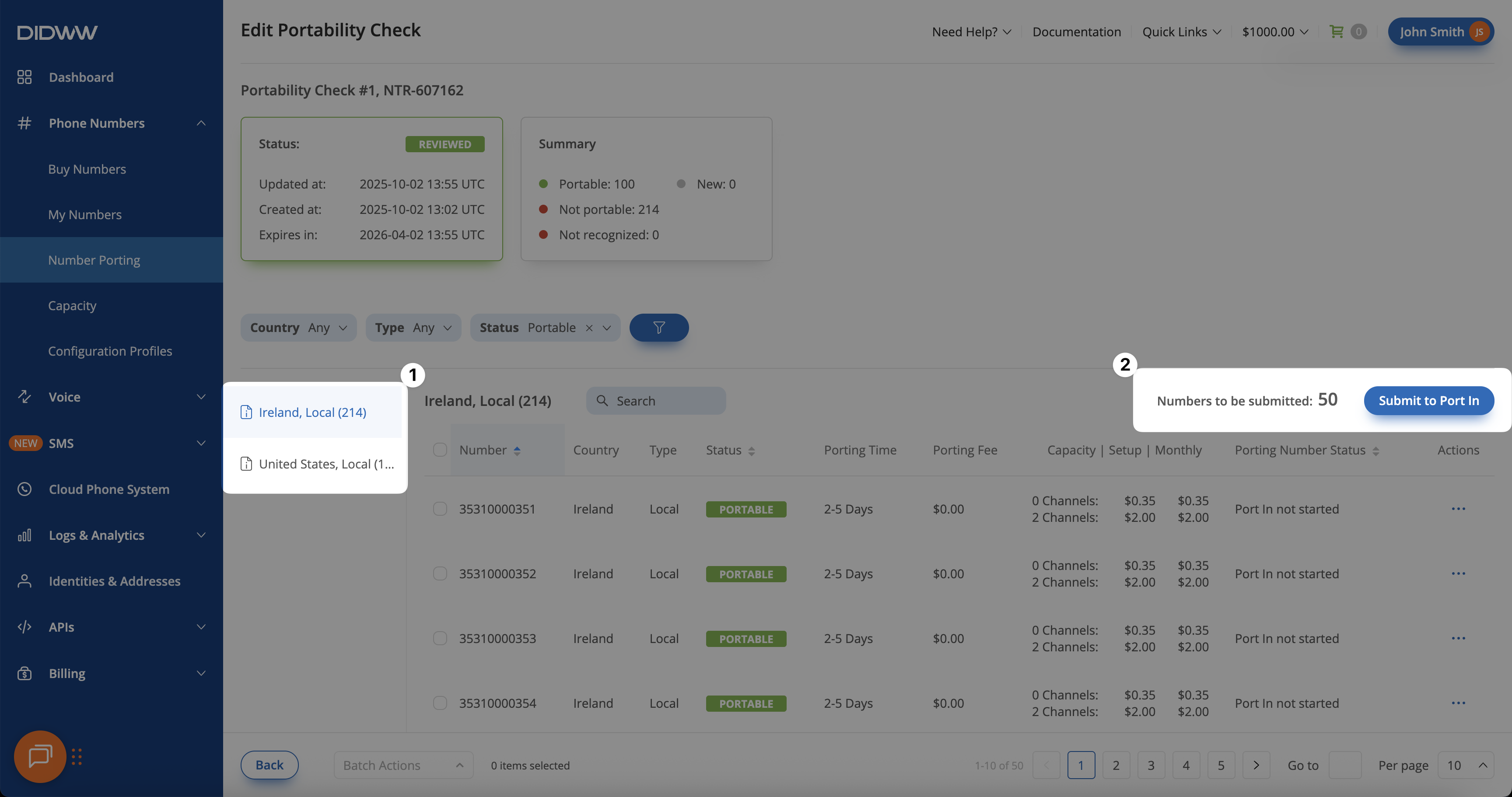
Fig. 5. Starting the porting process for portable numbers from a reviewed portability check.
Step 3: Fill in End User Details
After the portability check is reviewed and you submit the portable numbers to port in, a new Porting Request form opens. Here, you need to provide End User Registration Details, upload the Required Documents, and fill in any Additional Details required to proceed with creating the porting request.
End User Registration Details
Enter a Friendly Name to identify the porting request once it’s created.
From the Identity dropdown, select an existing identity or create a new one.
Choose the associated Address from the dropdown, or click Create New to add a new address for the selected identity.
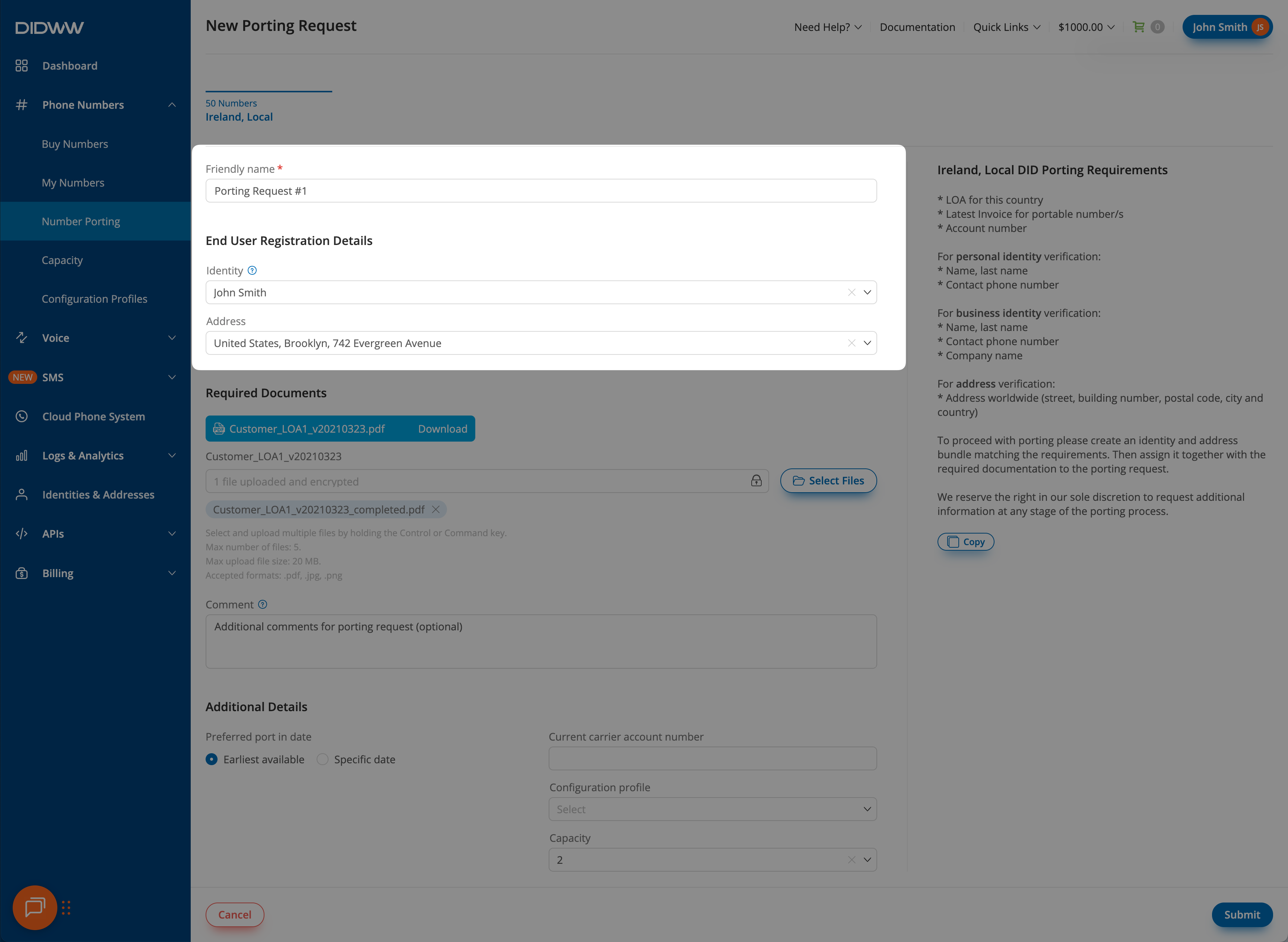
Fig. 6. Click continue to proceed to the end user details step
Required Documents
Download the Letter of Authorization (LOA) template.
Complete the LOA fully, sign it, and upload the file.
Upload the Latest Invoice for the numbers being ported.
Note
All uploaded files are encrypted for security.
Leave Comment for additional notes on the porting request (optional).
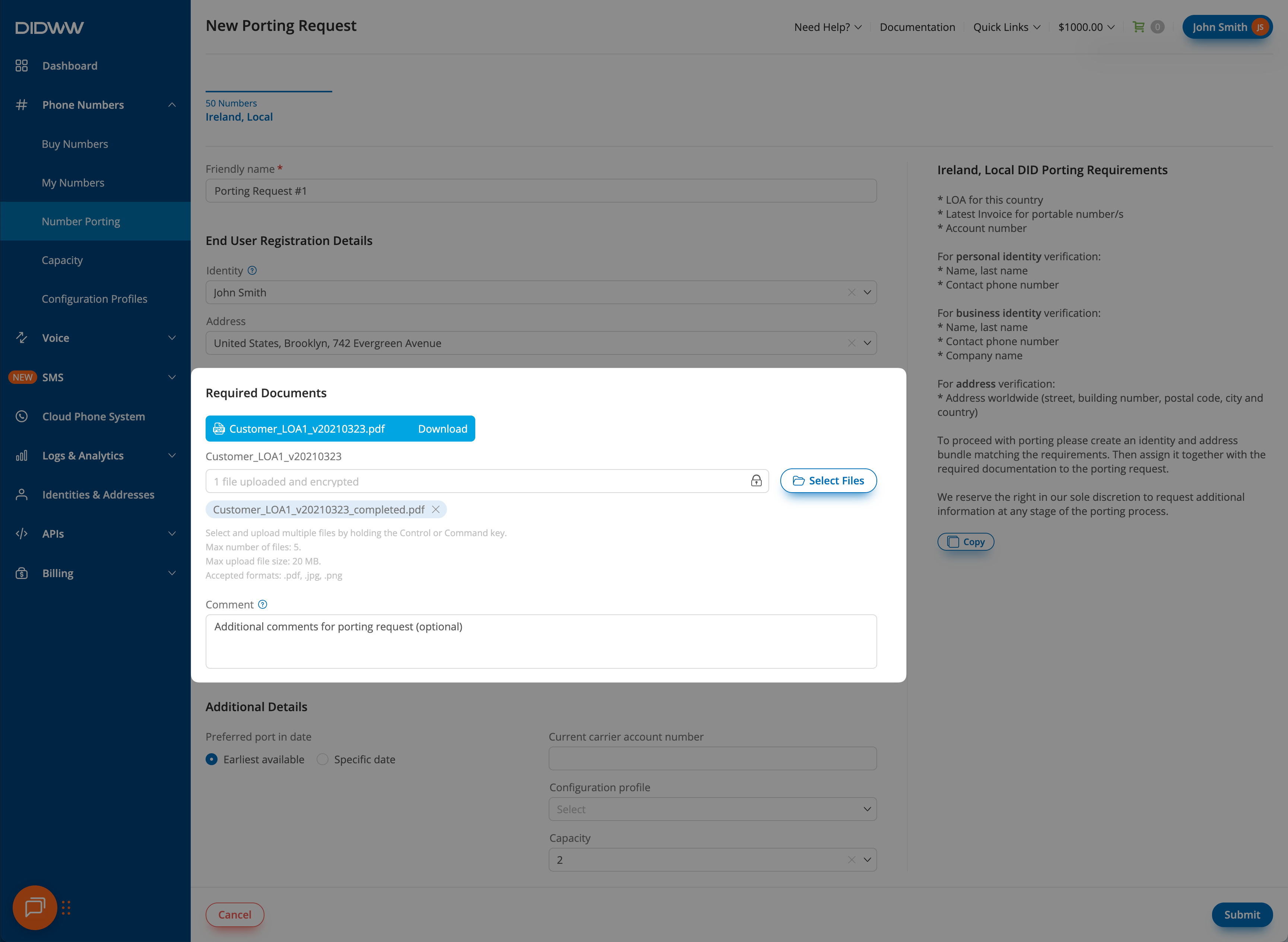
Fig. 7. Click continue to proceed to the end user details step
Additional Details
Choose the Preferred port in date or leave it as Earliest available.
Provide the Current carrier account number to match the request with the carrier’s records.
Assign a Configuration profile from the dropdown, or click Create New to add a new one.
Select the DID number channels included by choosing the Capacity option (DID+2 or DID+0 plan). See DID+0 and DID+2 capacity modes .
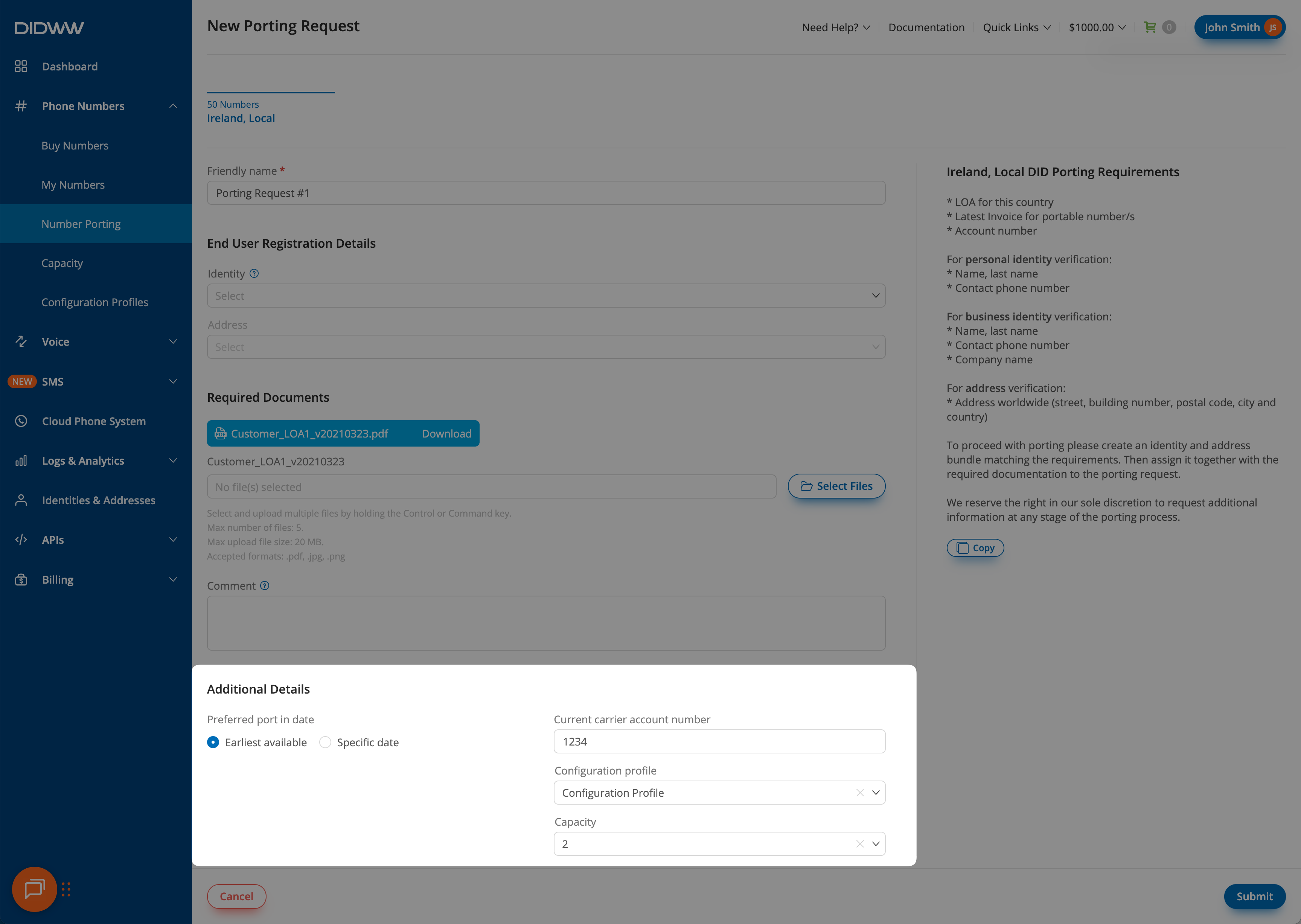
Fig. 8. Click continue to proceed to the end user details step
Step 4: Submit the Porting Request
Review all details and documents, then select Submit to create the porting request for the selected numbers, country and number type.
Delete Portability Check
Note
Portability checks cannot be deleted while they are Under Review.
In the DIDWW User Panel, go to Phone Numbers → Number Porting.
Open the Portability Checks tab.
Click the Actions (⋯) next to the portability check you want to delete.
Select Delete from the dropdown list.
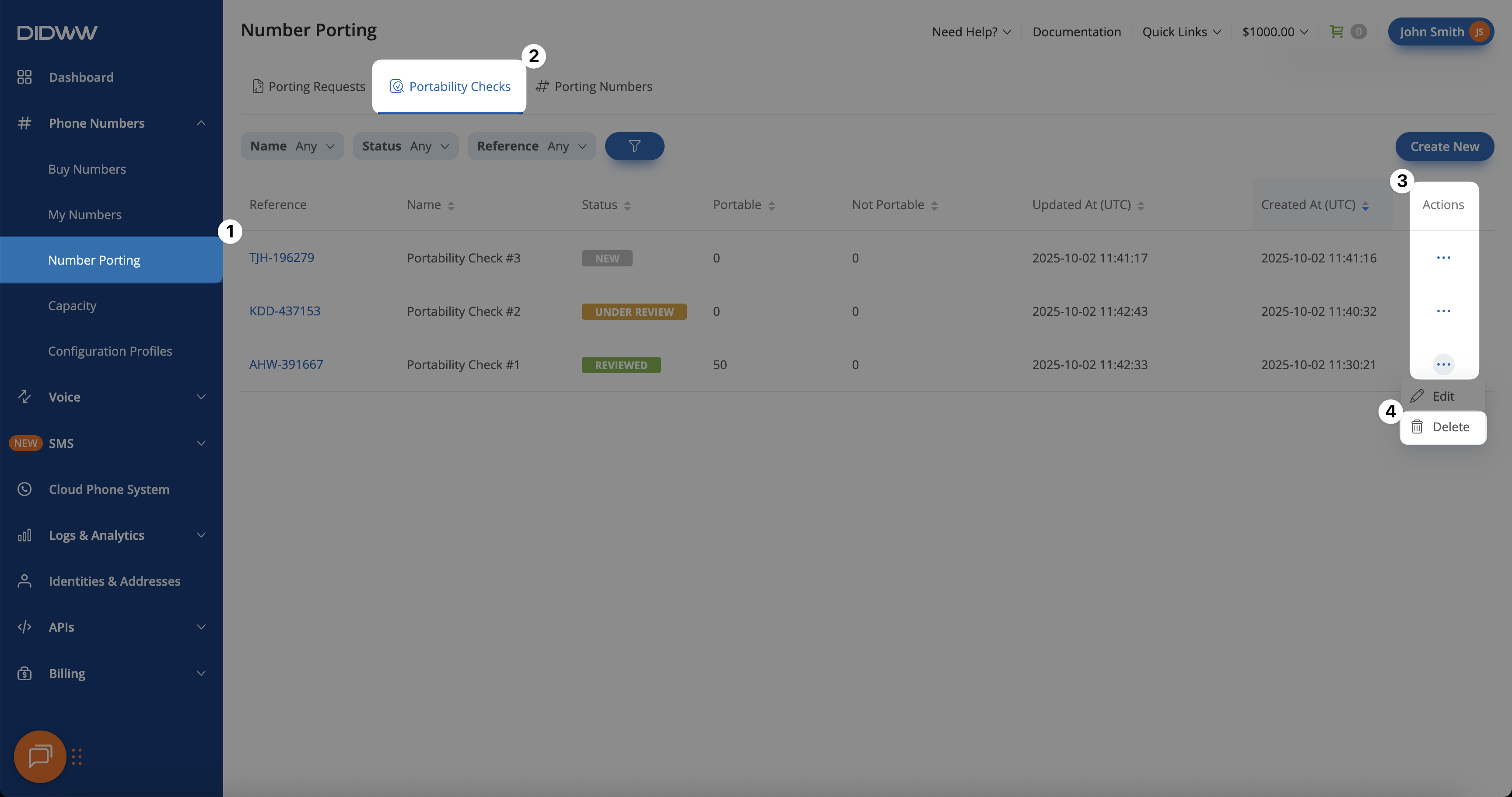
Fig. 9. Deleting a portability check using the Actions menu.